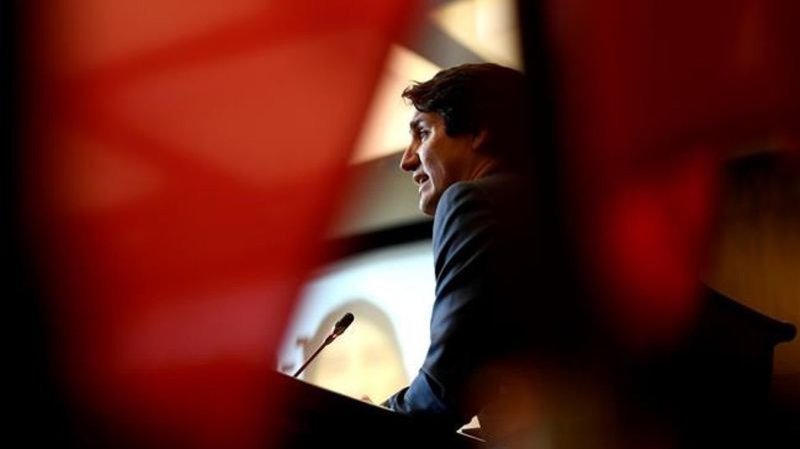
Critics stress health system capacity constraints ahead of first ministers meeting
OTTAWA — Health experts and government critics are calling on the prime minister and premiers to fix cracks in Canada’s health system and improve surge capacity as the COVID-19 pandemic continues.
Prime Minister Justin Trudeau will speak with provincial and territorial leaders this afternoon to discuss the mounting health crisis posed by the Omicron variant of COVID-19.
In a press conference Monday, Conservative ethics critic John Brassard said Canadians have been dealing with lockdowns and restrictions for two years while very little was done to address surge capacity in hospitals.
“This is a failure to plan on the part of the federal government, working with the provinces, to ensure that our surge capacity and our health care capacity is at a pace right now where we can keep up,” Brassard said.


